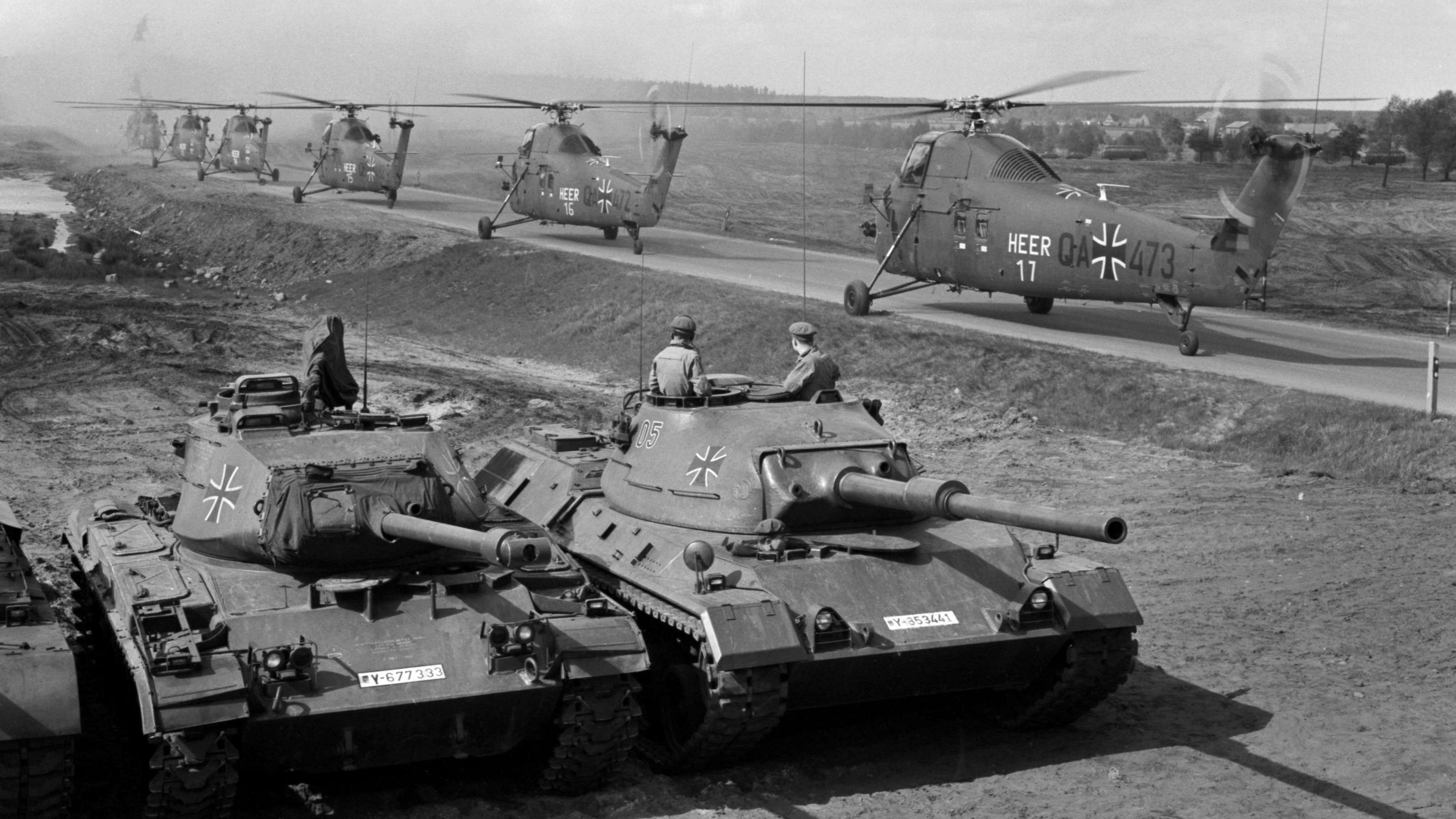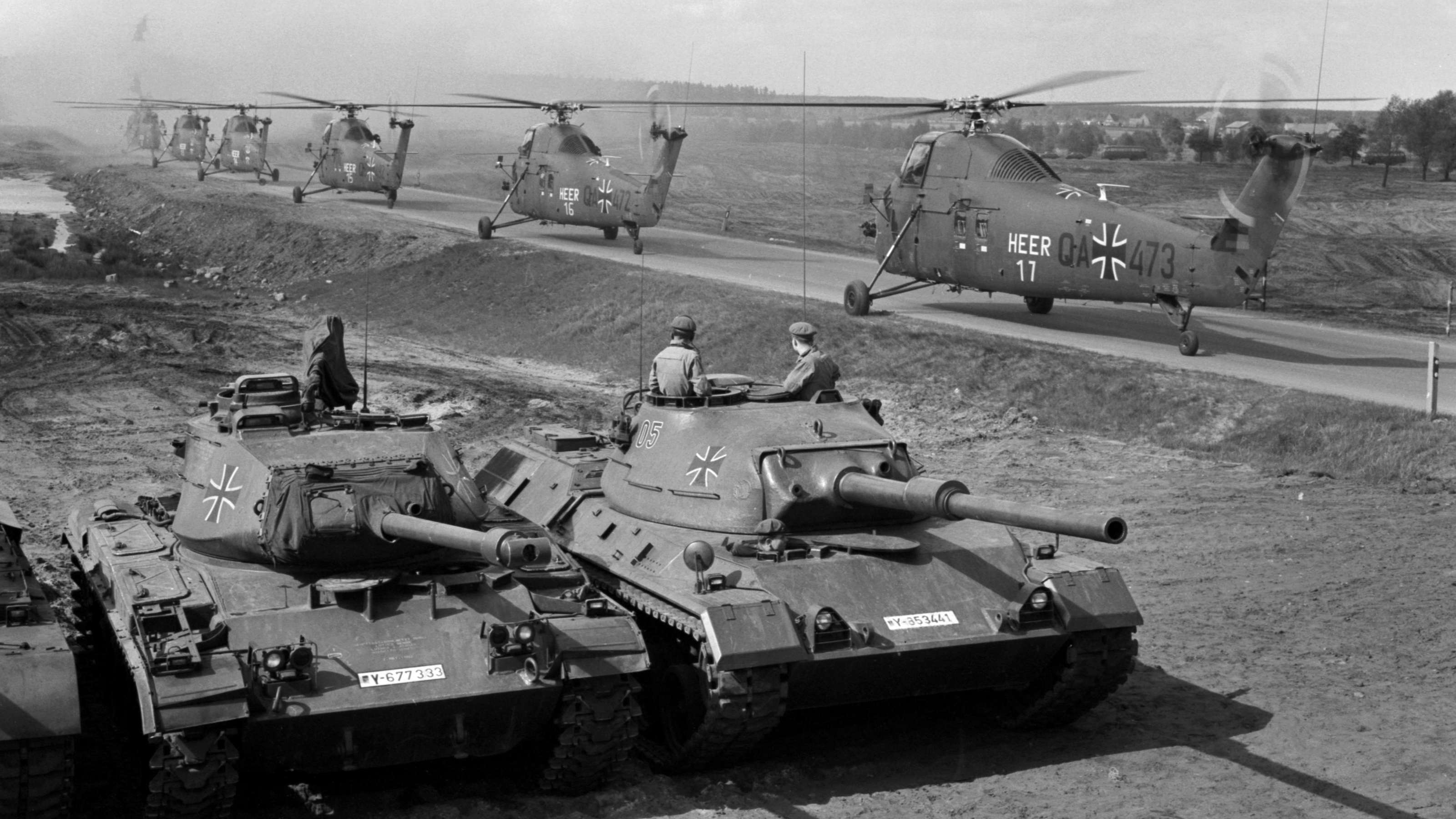The Cold War and German identity are inextricably linked, as the ideological struggle between capitalism and communism left deep scars on the national consciousness. The division of Germany into East and West not only altered political landscapes but also shaped individual identities, producing unique cultural legacies still felt today. Addie Esposito’s thesis reveals how the Cold War legacy continues to influence the ways in which Germans perceive themselves, particularly with her research on the contrasting identities that emerged from the East West Germany divide. Interviews conducted with parliamentarians in the Bundestag highlight the persistent divide, showcasing that many still identify strongly with their regional past. Understanding these dynamics is crucial for comprehending contemporary German identity and its ongoing evolution in a unified nation.
The examination of the German identity in relation to Cold War tensions offers a fascinating insight into the psychological and cultural ramifications of a divided nation. As the historical divide shaped distinct identities between the former East and West Germany, the implications of this past persistently resonate in today’s political and social frameworks. Addie Esposito’s research into the Cold War legacy reflects a broader narrative of how geopolitical conflicts can forge unique national psyches. By exploring the divergent experiences of individuals from both sides of the historical divide, we can better understand the contemporary identity crises that shape Germany’s national discourse. This nuanced understanding of post-war German identity becomes essential for analyzing the complexities of modern European politics.
The Cold War’s Impact on Contemporary German Identity
The legacy of the Cold War remains a potent force in shaping German identity today. Despite Germany’s reunification in 1990, the cultural and psychological ramifications of the East-West divide linger, influencing how individuals perceive their national identity and political affiliation. Addie Esposito’s thesis delves into these complexities by exploring how identities formed during this contentious historical period still resonate with citizens, especially those who grew up in East Germany. Her research highlights how more than half of parliamentarians from the former German Democratic Republic (GDR) maintain their East German identity, signaling that the scars of the Cold War have not faded away as expected.
Moreover, Esposito’s interviews reveal a stark contrast between the self-identification of East Germans and their West German counterparts. While the East Germans often embrace their distinct past, West Germans frequently express a more diluted sense of identity, considering themselves broadly German or even European. This enduring divide not only reflects personal narratives steeped in the tumultuous history of the Cold War but also illuminates ongoing socio-political dynamics within the German parliament.
Frequently Asked Questions
How does the Cold War legacy impact modern German identity?
The Cold War legacy continues to shape modern German identity by highlighting the persistent divide between East and West Germany. Despite reunification in 1990, many East Germans still identify primarily with their regional identity, reflecting a cultural and political divide that has not fully dissipated. This enduring Cold War legacy influences the collective memory and political landscape in Germany today.
What role does East-West Germany divide play in shaping German identity?
The East-West Germany divide significantly influences German identity by fostering unique historical narratives and social attitudes. East Germans often maintain a distinct identity rooted in their experience during the socialist regime, leading to differing perspectives on national pride and political values compared to their West German counterparts.
What findings does the Addie Esposito thesis reveal about German identity?
Addie Esposito’s thesis reveals that many members of the Bundestag from the former GDR identify more as East Germans than as Germans overall. This reinforces the idea that the Cold War’s impact on German identity remains profound, with regional ties continuing to influence political behavior and personal identity among younger generations as well.
How has the German parliament’s perspective on Cold War legacy changed over time?
Over time, the German parliament has increasingly recognized the complexities of the Cold War legacy in shaping contemporary German identity. Interviews conducted by students like Addie Esposito reflect how members from different historical backgrounds interpret their roles and identities in light of their East or West German roots, illustrating an ongoing dialogue about the effects of the Cold War.
What are some current effects of the East-West divide on political culture in Germany?
Currently, the East-West divide influences political culture in Germany by affecting party dynamics and voter behavior. For example, the far-right Alternative for Germany (AfD) party has gained traction in eastern states, highlighting differing political priorities and social attitudes that can be traced back to the Cold War era.
In what ways do East Germans express national pride compared to West Germans?
East Germans tend to express national pride more straightforwardly, often without the hedging language common among West Germans, who may express pride in Germany’s achievements while distancing themselves from a national identity due to historical context. This divergence represents a lasting impact of the Cold War on how different regions within Germany view their past.
| Key Point | Description |
|---|---|
| Addie Esposito’s Thesis | Explores the ongoing effects of the Cold War on German identity, particularly the division between East and West Germany. |
| Bipartisan Examination | Interviews with 183 parliament members reveal a persistent identity divide, especially among representatives from the former GDR. |
| East German Identity | Identities remain strong, with a significant portion identifying more as East German, regardless of age. |
| Cultural Legacy | Esposito’s work highlights the unique historical perspectives and cultural pride in East German identity. |
| Future Aspirations | Esposito aims for a career in public policy, with aspirations towards diplomacy involving German affairs. |
Summary
The Cold War and German identity continues to shape the perceptions and political landscape of modern Germany. Through comprehensive research and analysis, students like Addie Esposito highlight how historical divisions still resonate within German society today. By engaging with political leaders and employing unique methodologies, they uncover the complexities surrounding identity formation in post-unification Germany, illustrating that while the wall may have fallen, its influence persists powerfully across generations.




